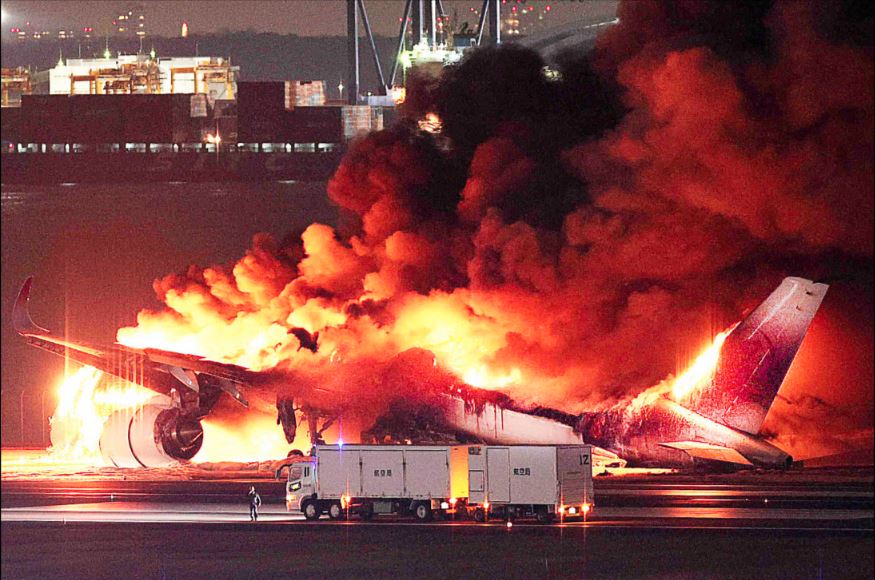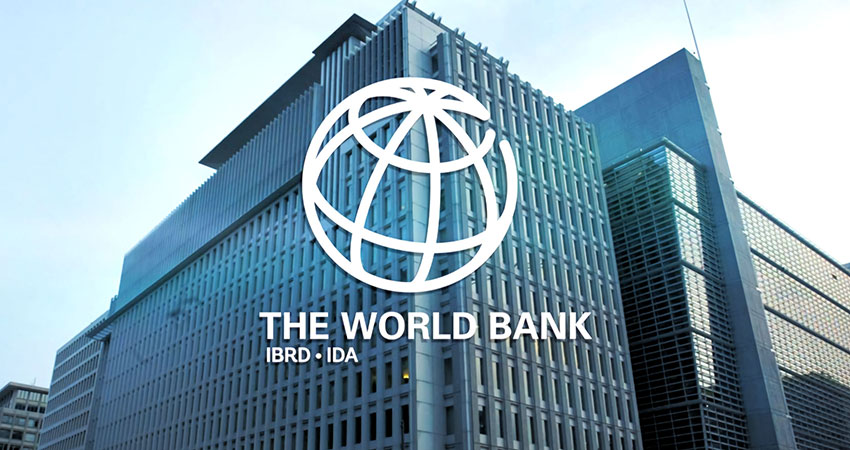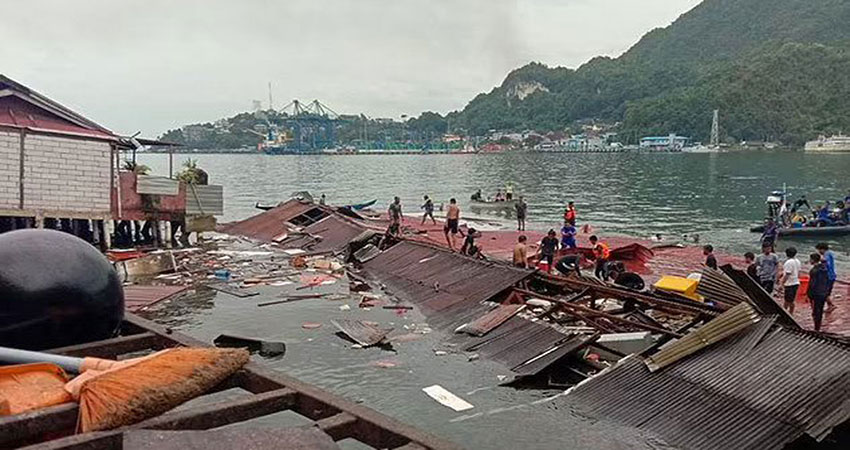The leaders of China, India, Russia and Pakistan convened virtually at the 2023 Shanghai Cooperation Organisation (SCO) today, holding discussions where the dominant themes were combating terrorism, with subtle undertones of opposing Western influence in the region.
Speaking at the summit hosted by Indian Prime Minister Narendra Modi, President Vladimir Putin warned that the potential for conflicts and the risk of a global economic crisis were on the rise.
He vowed to oppose Western sanctions and provocations, saying it planned to boost ties with the SCO and supported the transition to settlements in local currencies in foreign trade.
In his first international meeting since last month's near-mutiny in Russia, Putin said, "Russia counters all these external sanctions, pressures and provocations and continues to develop as never before".
Putin added that more than 80% of trade between Chinese and Russian people was in roubles and yuan, and urged other SCO members to follow the same process.
Indian Prime Minister Narendra Modi said China, India, Iran, Pakistan, Russia and central Asian countries should jointly fight terrorism, help Afghanistan and tackle global challenges such as food, fuel and fertiliser shortages.
"Some countries use cross-border terrorism as an instrument in their policies, [they] give shelter to terrorists... the SCO should not hesitate to criticise such countries," Modi said.
He also called on SCO members to boost trade, connectivity and tech co-operation, among other things.
On Iran formally becoming member of the SCO, Modi said it was going to join as new member.
"I am happy that today Iran is going to join the SCO family as a new member. For this, I convey my best wishes to President Ebrahim Raisi and the people of Iran. Also, we welcome the signing of the memorandum of obligation for Belarus' SCO membership," PM Modi said at the summit.
At the same time, Chinese President Xi Jinping underscored efforts to uphold multilateralism and improve global governance.
Xi called for opposing hegemonies and power politics, making the system of global governance fairer and more equitable, and promoting modernisation of human society through concerted and constant endeavours to advance equal rights, equal opportunities, and fair rules for all.
Mentioning the importance of safeguarding regional peace and security, he urged SCO members to "follow the right direction and enhance their solidarity and mutual trust".
Pakistani Prime Minister Shehbaz Sharif also said that terrorism, in all its forms and manifestations, should be condemned in "clear and unambiguous terms".
"SCO member states have a shared interest in ensuring peace and stability in the region, which is a precondition for economic development anywhere in the world.
"Terrorism in all its forms and manifestations, including state terrorism, must be condemned in clear and unambiguous terms. There can be no justification for the killing of innocent people regardless of the cause or pretext," he added.
The BBC reported that a factor all members seemed to agree on unanimously was maintaining stability in Afghanistan following the Taliban takeover after US troops pulled out two years ago.
A joint statement in this regard is expected to be issued soon on how SCO nations aim to work together on Afghanistan.
China, Russia and four Central Asian countries formed the SCO in 2001 as a countermeasure to limit the influence of the West in the region. India and Pakistan joined in 2017.
The group has become more relevant for Russia and China as their relations with the West have deteriorated.
Experts say the group's potential can't be underplayed, despite the existence of more prominent forums like Brics, the G20 and G7.
The SCO forms around 40% of the world's population and more than 20% of global GDP. With Iran's inclusion, it will control around 20% of the world's oil reserves.
Iran's inclusion will boost the SCO's energy portfolio but it will spark anger in Western capitals. As the SCO is increasingly pitted against Western-led forums, it may get harder for India to strike a diplomatic balance between its different global partners.
But Indian diplomats say they are confident about keeping their foreign policy independent without pandering to one group or the other. How Delhi manages its diplomacy and its differences with Russia, China and Pakistan will have an impact on the future of the SCO.



















